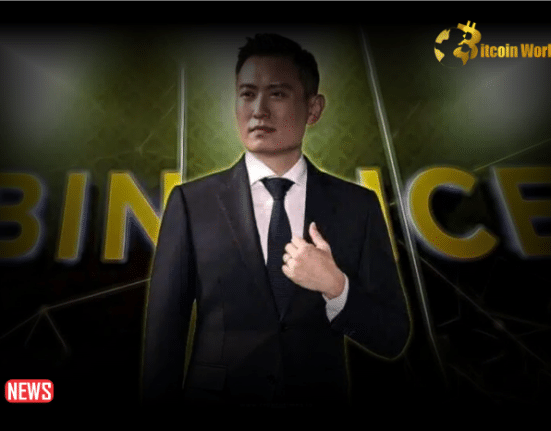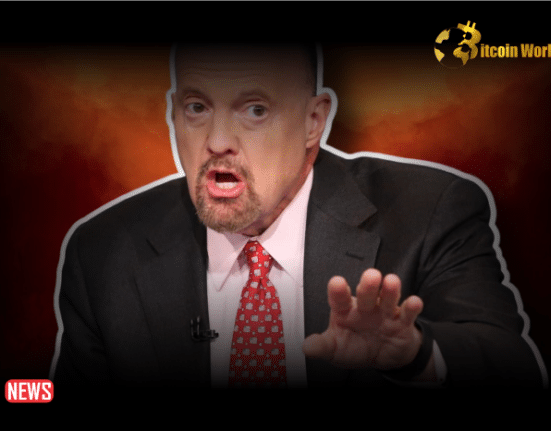- Cruise CEO Kyle Vogt resigns amidst safety concerns.
- Waymo emerged as the dominant self-driving leader.
- Balancing ambition and safety in autonomous tech.
In a surprising turn of events, Kyle Vogt, the CEO of Cruise, the autonomous vehicle subsidiary of General Motors (GM), has stepped down from his role.
Vogt’s resignation comes on the heels of a controversy surrounding Cruise’s failure to disclose a serious incident involving one of its vehicles.
This incident involved a pedestrian being dragged for approximately 20 feet after being hit by a Cruise vehicle in San Francisco, and it raised serious concerns about safety and transparency.
Cruise Faces Regulatory Scrutiny And Operational Halt
Following the revelation of the incident, Cruise was compelled to halt its operations nationwide and engage multiple external firms to conduct independent reviews. This move was seen as essential to address the regulatory concerns surrounding the incident.
However, it became increasingly evident that Cruise’s ability to regain trust with regulators, particularly in California, would require a significant change in leadership.
Vogt’s Departure: A Necessary Yet Challenging Transition
While Vogt’s departure was arguably necessary in light of the company’s recent troubles, it represents a substantial blow to Cruise.
Since GM’s acquisition of Cruise in 2016, Vogt had successfully nurtured a culture of autonomy and innovation within the company, distinguishing it from the bureaucratic tendencies often associated with large parent corporations.
Cruise’s ambitious expansion plans earlier this year, which included launching in a dozen new markets and targeting a billion dollars in revenue by 2025, now appear to be overly optimistic and possibly contributed to the missteps that have plagued the company.
The departure of Vogt leaves a leadership void that GM must address promptly to steer Cruise back on course.
Read Also: Former OpenAI Chief Sam Altman Fired And Hired In One Weekend
Challenges For Cruise’s New Leadership
One of the key challenges for Cruise’s new leadership will be finding a balance between ambition and caution. The self-driving industry is characterized by a high level of competition and rapidly evolving technology.
However, the recent incident has underscored the importance of prioritizing safety over aggressive expansion. Striking this balance will be crucial for Cruise’s future success.
Waymo Emerges As The Dominant Player In Self-Driving Technology
With Cruise suspending its operations, Waymo, the autonomous driving subsidiary of Alphabet Inc., now stands as the clear leader in the self-driving technology space.
Waymo has been recognized as a frontrunner in the industry since its inception as the Google self-driving car project in the early 2010s. While there were once several serious contenders, such as Uber, Lyft, Cruise, and others, Waymo’s continued progress and successful launch of driverless taxi services have solidified its position at the forefront.
Waymo’s driverless taxi service was introduced in 2020, giving the company a significant head start over its competitors. This lead, if effectively capitalized upon, could allow Waymo to establish market dominance in the self-driving sector.
The Responsibility Of Maintaining Leadership
The mantle of leadership in the self-driving technology industry carries both immense opportunity and responsibility.
Any major misstep by Waymo could lead to regulatory intervention and a potential setback for the entire industry. This scenario could trigger a “self-driving winter,” during which investors may become hesitant to fund autonomous vehicle projects for an extended period.
Despite recent setbacks in the industry, the fundamental promise of self-driving technology remains unchanged: it has the potential to significantly reduce the tens of thousands of annual road fatalities caused by human error.
Early evidence from insurance data even suggests that Waymo vehicles are involved in fewer accidents compared to human-driven vehicles.
Moreover, Waymo benefits from the deep pockets of its corporate parent, Alphabet, which gives it a financial advantage over competitors like Cruise. Alphabet’s unique corporate structure, with founders Larry Page and Sergey Brin holding substantial influence, ensures a stable source of funding for Waymo’s endeavors as long as their commitment to the project persists.
Kyle Vogt’s resignation as CEO of Cruise marks a significant development in the autonomous driving industry. Cruise’s recent troubles and the departure of its CEO have raised questions about the company’s future direction and its ability to navigate the challenges of the self-driving technology landscape.
Meanwhile, Waymo emerges as the dominant player, with its driverless taxi service and advanced technology positioning it years ahead of its competitors.
The responsibility now falls on Waymo to maintain its leadership position and demonstrate the viability of self-driving technology in ensuring road safety. As the industry continues to evolve, the decisions made by Waymo and its competitors will shape the future of autonomous transportation and its potential to save lives on the road.














